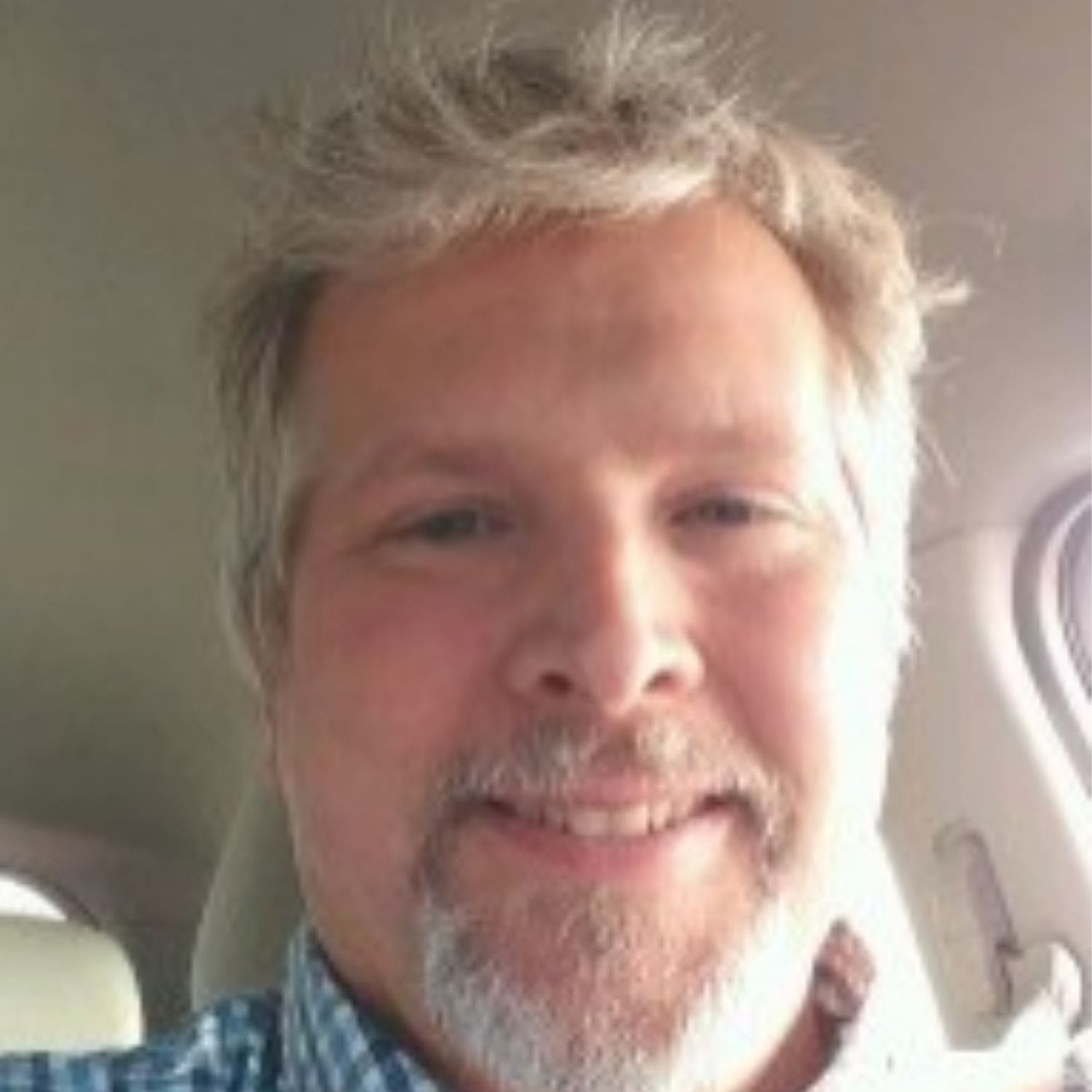Information Updated December 2022

Abe Fouhy is the lead faculty for the Renewable Energy Technology Program at Clackamas Community College
Clackamas Community College in Oregon City, Oregon
2009
30, ranges between 20-60
1 Full-Time Renewable Energy
1 Full-Time Electronics
2 Part-Time Electronics
4 Part-Time Electricity, Motors, & Automation
3 Certificate Options & AAS Degree
6 mo, 1 year and 2 year
Credit Hours: 9-49 and 97
Most of our students are ~30 years old, they have a family and are coming back for retraining on their own dime into a new field. We have a lot of construction, cooking, retail and some healthcare workers. We’ve trained around 600 students and about 12 of them have been out of high school. We are
currently developing that pipeline now.
Three years ago, we built a new Industrial Technology Center building, which has 8000 ft. of space for internal labs, 5 classroom spaces, 1 computer lab and a 11,200 ft. outdoor renewable energy space. In this location we build tiny homes in our green building program (new program companion of RET), two 1000 ft. solar installation roofs that have 240/208/277/480VAC 3 phase power hooked to the grid with live power to our 20kW solar PV systems, this hooks into our 220kW PV system on the roof. We also have a 5kW ground mounted PV system. Each of these solar systems use different racking, inverters and roof types.
We have added some LabVolt & Amatrol trainers for motor control, storage, smart grid and SCADA training. We have also built a few desktop automation and SCADA systems to work with CREATE’s desktop SCADA system to provide entry level SC.
We have a small AC coupled 9kW microgrid hooked into this system.
We have two tiny houses we use for tiny home building, weatherization and energy auditing. We teach weatherization and energy auditing to the BPI envelope and shell standards. This course teaches to the LEED Green AP standards.
We have two 80-gallon biofuel stations, one for ethanol and one for biodiesel. We are working with chemistry and horticulture to teach a cross-student population in biofuels and ASTM grade fuel testing. Our internal lab has woodworking, metal fabrication, and manufacturing space (the manufacturing
department is in our building which is about 34,000 ft. of manual and CNC machines). We have a series of PV/wind trainers, hydraulic/pneumatic trainers, mechanical system trainers, electromechanical energy management system (EMS) trainers and a simulated SCADA EMS integrated system. We also
have an electronics and automation lab, with digital multi meters, Oscilloscopes, motor controls, PLC, microcontrollers, etc.
We have a Maker Space with three industrial 3D printers, CNC machines, tinsel testers, small furnaces, three robotic arms, a plasma cutter, a 60W CO2 laser, and a CNC vinyl cutter.
Our program teaches practical hands-on training directly on the equipment they will use in the field. We teach direct application of renewables and also fundamentals of a wide range of technology and skills that are used in several high paying positions. Renewable energy is an industrial system that just utilizes the technology in a different way. So, we focus on Energy Auditing, Solar Design & Installation, Wind Turbine Maintenance and Biofuels but provide the knowledge to work on nearly any type of industrial system. This approach helps our students find high paying, long lasting careers with huge advancement without pigeonholing them into a particular field or industry.
We currently don’t place our students directly, but they are required to get an internship for 120 hrs of work prior to graduation. They usually work for a wind, solar or building automation company during this time. We are looking into the idea of an apprenticeship model to have our students have a job starting day one and continuing all the way through the program and beyond. This would be provided to every student entering the program.
We have an industry advisory board that consists of about fifteen Wind, Solar, Biofuel, Geothermal, Wave, Tidal, Energy Auditing, Farmers, ODOE, Energy Trust, PGE (a local utility) and Hydro industry professionals.
In the past we had a 90% success placing students with jobs after their degree but during and after COVID these efforts have struggled, we are building this back up as many employers were struggling with their own business models and didn’t have time to focus on this. Now that COVID is subsiding we are seeing growth in the need for trained employees.
We have an articulation with high schools now and Oregon Tech for credit transfer. We also have articulated BOLI required courses for a solar apprenticeship required to be a PV technician for Oregon.
We have been recognized by the Governor as a Program of Excellence. We received two grants from the Department of Labor to support the program and to help with retraining of displaced workers when a local paper plant went out of business.
View the syllabus for Clackamas Community College's Renewable Energy Systems course, or visit Clackamas directly for more information on their Applied Associate Degree & Certificate programs.
View Syllabus Visit Clackamas
Visit Clackamas View all Renewable Energy Program Profiles
Copyright @ 2025 CREATE National Energy Center
This material is based upon work supported by the National Science Foundation under Grant #2201631. Any opinions, findings, and conclusions or recommendations expressed in this material are those of the author(s) and do not necessarily reflect the views of the National ScienceFoundation.